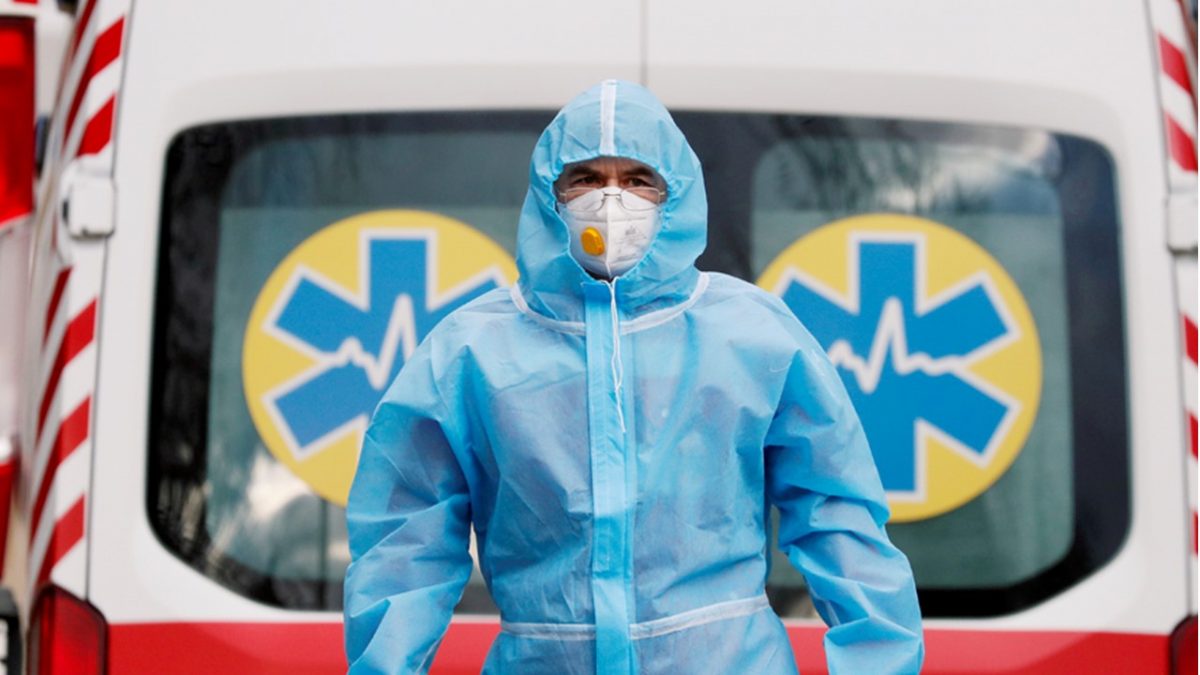During the first half of 2020, there were registered 17 cases, one way or another related to the COVID-19 pandemic and lockdown. Some of the cases do not qualify as violations of human rights, but they make it possible to understand what problems ordinary residents of the country face.
The registered cases indicate that vulnerable groups in the field of HIV face financial difficulties and reduced incomes and inability to pay off previously taken loans.
Dismissal of patients with COVID-19 or dismissal due to
suspicion of COVID-19 or refusal of employment due to
the fact that relatives are sick
Michael*
Moldova, May 2020
“I was denied a job because one of my relatives is sick with coronavirus. But I am not in contact with him. When I got a job, they asked me if any of my relatives were sick with coronavirus, I said yes, they were. I was offered to be checked and then come again to find a job. But I have no money. How should I be?*names changed, titles hidden
Unreasonable fines as a tool to put pressure contentе
on sex workers.
Barriers to access to OST and ARV therapy due to quarantine restrictions, as well as restrictions on movement between settlements.
Andrey*
Moldova, June 2020
“In the COVID-19 mode, a client could not get on
the OST program, since the addiction clinic was closed. He had to wait a month to solve this problem, and all this time he was using street drugs”*names changed, titles hidden
Refusal to provide medical care: the ambulance does not arrive, hospitals are in lockdown.
Ruslan *
Moldova, May 2020
“The client, working at home with a grinder, through negligence, seriously injured his hand. An ambulance was called. The call was denied due to the fact that the ambulance will not go to the quarantine and to a remote settlement. It was recommended to somehow by himself get to the hospital of the city ***, since all the polyclinics in the district are closed for quarantine, and doctors do not see patients. The situation was resolved 2 days after contacting the Ministry of Health by the client met a doctor, operated on, and stitched.*names changed, titles hidden
But in general, it is important to note the effective work of NGOs, which were able to quickly arrange the delivery of drugs to patients at home. Reported cases are rare exceptions, but generally reflect difficulties in obtaining drugs.


